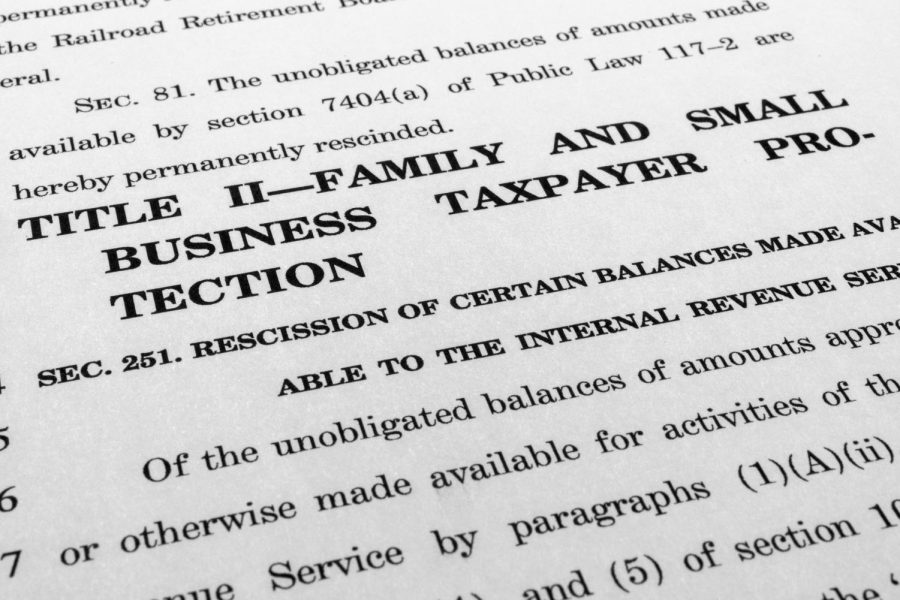Editorial | What is the debt ceiling deal and should you care?
The draft of a bill that President Joe Biden and House Speaker Kevin McCarthy of Calif. negotiated to raise the nation’s debt ceiling.
May 30, 2023
The United States debt ceiling currently stands at $31.4 trillion — the highest amount of federal debt the U.S. government can support. Unfortunately, in January of this year, the U.S. government reached $31.4 trillion in federal debt.
When the U.S. hits the debt ceiling, it has two main options. It can default on its debts — declare they cannot pay them off — or it can have Congress raise the debt ceiling. The former has never happened before, and for good reason — a U.S. default could have cataclysmic impacts on the financial market.
Congress can also opt for the option pushed primarily by Democrats — to raise the debt ceiling. The congressional arguments over raising it are not entirely unfounded. An increase to the debt ceiling would have significant consequences for the public, and Congress usually saves this option only for dire financial paradigms.
Just kidding. Congress has raised the debt ceiling 78 times in the past 63 years, often without a hitch. But in the last decade, the procedure has received more pushback both as a result of the higher rate of debt accrual and greater political polarization in recent years.
They also have the option to suspend the debt limit, which doesn’t raise the ceiling, but allows federal debt to rise above the debt ceiling for a given period of time. This is the solution proposed in the deal struck between Joe Biden and Kevin McCarthy — but how will it impact college students like us?
The bill will hit alumni the hardest. During the pandemic, student loan payments and interest paused, allowing student borrowers to not have to worry about their debt during the health crisis, but this pause will cease as part of the agreement. Student loans will begin accruing interest again, and borrowers will have to continue paying back their loans starting at the end of the summer.
Outside of that, college kids are pretty safe. While it’s important to stay informed on contemporary politics, this issue may not be worth stressing over.
Suspensions of the debt limit have become pretty commonplace — we’ve spent more time since 2013 suspending the debt limit than obeying it — and each time the suspensions expired, Congress raised the debt ceiling.
The suspension lasts until January 2025, so the real benefit is that it won’t be a key issue of debate in the 2024 presidential elections — they already have enough empty topics to argue over as is.
As our legislators grow more and more polarized, make sure to spend your mental energy on the problems that affect you and the people you care about, and don’t get too caught up in inflammatory political squabble.



